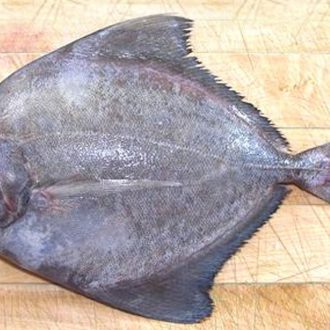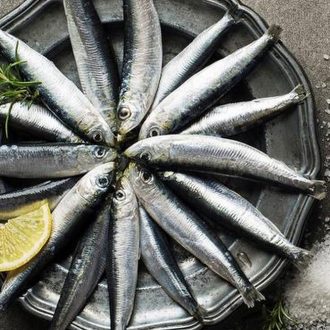Subtotal: ₹120.00
Vila
₹220.00
Benefits Fish is filled with omega-3 fatty acids and vitamins such as D and B2 (riboflavin). Fish is rich in calcium and phosphorus and a great source of minerals, such as iron, zinc, iodine, magnesium, and potassium. The American Heart Association recommends eating fish at least two times per week as part of a healthy diet. Variable weight policy Please note that fresh fruit and vegetables items will be billed based on exact weight during order processing (in case the actual weight exceeds the requested weight by more than 5%, you will be charged only for 5% excess weight).
7 in stock
Fish
Seafood, edible aquatic animals, excluding mammals, but including both freshwater and ocean creatures. Most nontoxic aquatic species are exploited for food by humans.
Fish and other seafood may be humanity’s most important food, after cereals, furnishing about 15 percent of the world population’s protein intake. Lean fish muscle provides 18–25 percent protein by weight, the equivalent of beef or poultry, but is much lower in calories. In fish one gram of protein is present for 4 to 10 calories, as contrasted with 10–20 calories per protein gram for lean meats and up to 30 for fatty meats.
Fish are cooked whole or cut into steaks, fillets, or chunks. Crustaceans are usually cooked whole, alive, as are most mollusks. Larger, tougher mollusks are ground or sliced and pounded to tenderize the tough flesh. Much seafood is eaten uncooked, either completely raw or somewhat modified by margination..
| kilogram | 1/2 KG, 1 KG, 1.5 KG, 2 KG |
|---|










